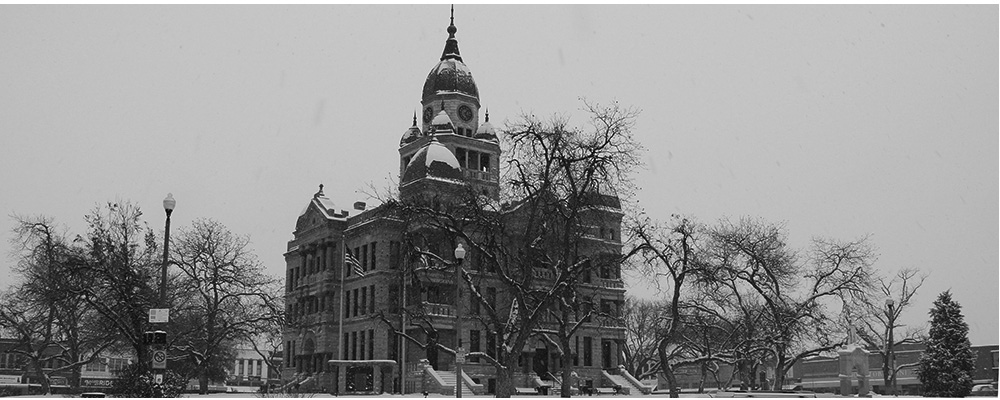Connect with libraries across Texas for informative programs and genealogical resources Webinars begin in Special Collections at 12:30 pm. Lock-in begins at 6:00 pm. More details will follow; current program plans below:
Webinars in Special Collections
12:30pm-1:50 pm—”Who Am I? Basic Steps in Beginning to Find Out,” Sue Kaufman. 2:00 pm-2:50 pm—”Find Success with Family Search!” Karen Matheson.
3:00 pm-3:50 pm—”e-Docs, e-Services and e- Government: County Records Online,” Kristi DeCluitt.
4:00 pm-5:15 pm—”Solving Family History Mysteries with Original Landowner Maps,” Greg Boyd.
5:30 pm-6:30 pm “Ancestry Library Edition: What’s New,” Edward Loera.
Programs in Meeting Room during Lock-in
7:00 pm-7:50 pm—”Accessing Texas County Records through the Regional Historical Resources Depositories Program,” Laura Saegert.
8:00 pm-9:15 pm—”Unusual Genealogy Resources,” Sue Kaufman.
9:30 pm-10:30 pm—”Genealogical Resources of the Texas General Land Office,” Kevin Klaus.
You can choose to attend all program, or just a few. There will be plenty of time to research in our collections during the lock-in. If you wish, bring your laptop to access the webinars. There is also a possibility for an “Ancestor Roadshow” hosted by the Association of Professional Genealogists.
There will be more information about the lock-in in next month’s newsletter as well as registration information.
British Research
by Jeanette Hurst
Jeanette Hurst has a Ph.D. in history from Cornell University, and has taught at UT Dallas and the University of Dallas for many years. She began researching her U.S. and English ancestors about fifteen years ago and has been at it ever since. Besides working at the Plano Family History Center, she gives presentations on various genealogical topics.
A Century of Texas Immigration 1820-1920
by Richard Monroe
Richard Monroe will speak about what motivated the settlers to come to Texas, the problems they had, why they moved on (if they did), and what they brought to Texas in the way of culture, innovation, skills, and politics.
“German Research”
This lecture will include: How to find your German ancestor’s town of origin; how to find your German ancestor who didn’t live in present-day Germany; how to use American and German record sources; how to use gazetteers and maps to locate your ancestral town; how to decipher German script and name variations.
by Davideen Demske
Davideen is from Coppell, Texas and has given seminars at the Lewisville Stake Family History Fair. She has served on the staff of the Lewisville Family History Center and is currently a staff member at the Carrollton Family Center. She holds an M.A. in industrial relations and a J.D. in law.
